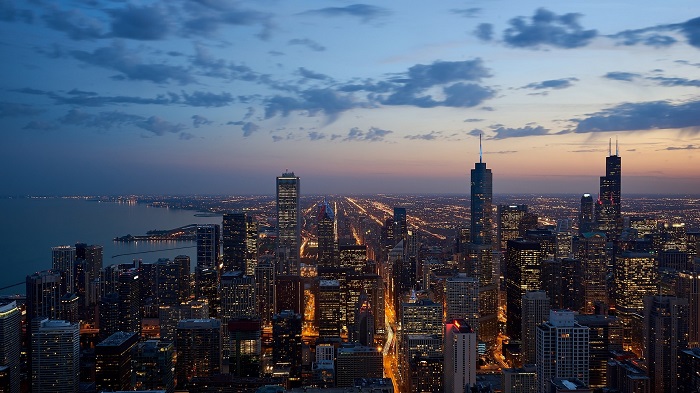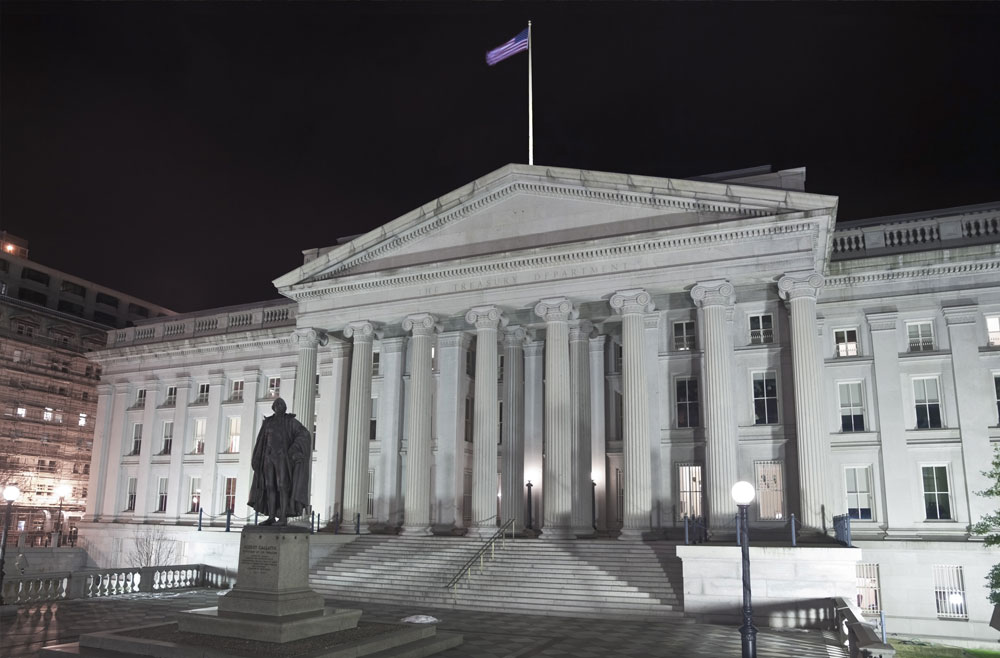Swammerdami
Squadron Leader
The credit crisis of 2008 was the most dangerous world-wide financial crisis since the the Great Depression. It was caused by a housing price bubble, and by financial shenanigans pursued in the name of "hyper-efficiency" but which led to large-scale gambling: Big Wall Street Traders were buying million-dollar sports-cars by squeezing an extra 0.01% here and there, oblivious of real-world implications and with criminal cooperation from rating agencies. They eventually cost trillions to the real economy.
The question is NOT whether there will be another severe financial crisis, but when it will come and which excess of hyper-efficiency or unregulated greed will bring it about.
The recent fall in asset prices MIGHT be a GOOD thing in terms of financial dangers: We needn't worry about a bubble bursting if much of excess exuberance has already fizzled out. But we can't guess the future market trajectory and, anyway, there are other dangers.
A big danger is rising levels of debt: Households, corporations, and countries had record-setting debt before the Covid-19 pandemic; and that crisis caused debt levels to soar. High debts may not seem to be a problem when interest rates are low, but now interest rates are rising.
Does the debt matter? Will the next crisis come later rather than sooner? I do not know, and am asking for discussion, or links to the opinions of experts who think they do know.
A recent Reuters news article caught my eye:
Are these huge "hidden" debts a big problem? I don't know. But whatever the details, they represent high-stakes gambles made as sacrifices to the God of Hyper-efficiency.
What will be the major causes of the next financial crisis?
The question is NOT whether there will be another severe financial crisis, but when it will come and which excess of hyper-efficiency or unregulated greed will bring it about.
The recent fall in asset prices MIGHT be a GOOD thing in terms of financial dangers: We needn't worry about a bubble bursting if much of excess exuberance has already fizzled out. But we can't guess the future market trajectory and, anyway, there are other dangers.
A big danger is rising levels of debt: Households, corporations, and countries had record-setting debt before the Covid-19 pandemic; and that crisis caused debt levels to soar. High debts may not seem to be a problem when interest rates are low, but now interest rates are rising.
Does the debt matter? Will the next crisis come later rather than sooner? I do not know, and am asking for discussion, or links to the opinions of experts who think they do know.
A recent Reuters news article caught my eye:
Eighty trillion dollars of "hidden" debt! That dwarfs talked-about debt like the student loans, or even a country's national debt. And are these even real dollars, or just gambling chits? I suppose these Foreign Exchange Swaps are usually very short-term, but a party may depend on renewal. Didn't the late Senator Everett Dirksen once say "A trillion here, a trillion there, and pretty soon you're talking about real money"?The Bank for International Settlements (BIS) has warned that pension funds and other 'non-bank' financial firms now have more than $80 trillion of hidden, off-balance sheet dollar debt in the form of FX swaps.
. . .
It estimated that $2.2 trillion worth of currency trades are at risk of failing to settle on any given day due to issues between counterparties, potentially undermining financial stability.
The amount at risk represents about one third of total deliverable FX turnover and is up from $1.9 trillion from three years earlier when the last FX survey was carried out.
FX trading also continues to shift away from multilateral trading platforms towards "less visible" venues hindering policymakers "from appropriately monitoring FX markets," it said.
Are these huge "hidden" debts a big problem? I don't know. But whatever the details, they represent high-stakes gambles made as sacrifices to the God of Hyper-efficiency.
What will be the major causes of the next financial crisis?



